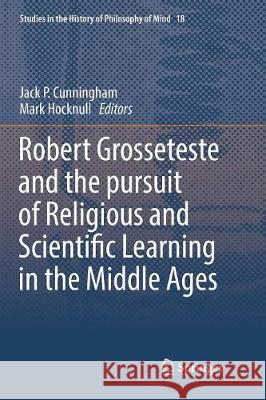Robert Grosseteste and the Pursuit of Religious and Scientific Learning in the Middle Ages » książka
topmenu
Robert Grosseteste and the Pursuit of Religious and Scientific Learning in the Middle Ages
ISBN-13: 9783319815206 / Angielski / Miękka / 2018 / 306 str.
Kategorie:
Kategorie BISAC:
Wydawca:
Springer
Seria wydawnicza:
Język:
Angielski
ISBN-13:
9783319815206
Rok wydania:
2018
Wydanie:
Softcover Repri
Ilość stron:
306
Waga:
0.45 kg
Wymiary:
23.39 x 15.6 x 1.7
Oprawa:
Miękka
Wolumenów:
01
Dodatkowe informacje:
Wydanie ilustrowane











